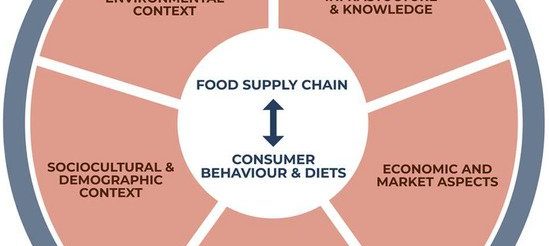Sustainability | Free Full-Text | How Does Context Contribute to and Constrain the Emergence of Responsible Innovation in Food Systems? Results from a Multiple Case Study

Organizations and practices that contribute to the resolution of major societal challenges are key to achieving a transition towards sustainable and resilient food systems. Previous research identified contextual elements that affect the emergence of organizations and practices with responsibility characteristics, but how this process unfolds remains poorly articulated. Our study thus focuses on how contextual dimensions may contribute to or constrain the emergence of responsibility in food systems. We applied a multiple case study design and conducted 34 semi-structured interviews with 30 organizations in the province of Québec (Canada) and in the state of São Paulo (Brazil). Our across-case analyses clarify how multiple contextual dimensions both contribute to and constrain the emergence of responsibility. More specifically, our findings show that while contextual dimensions shaped by the dominant food system constrain the emergence of responsibility, the same dimensions also contribute to it when they embed responsibility principles. One key contribution of our study is to show that interpersonal relations are an important mediation mechanism that helps to modify contextual elements, so they can contribute to the emergence of responsibility. This study’s findings can inform research and policy aiming to design institutional environments that promote a transition towards more responsible food systems.
